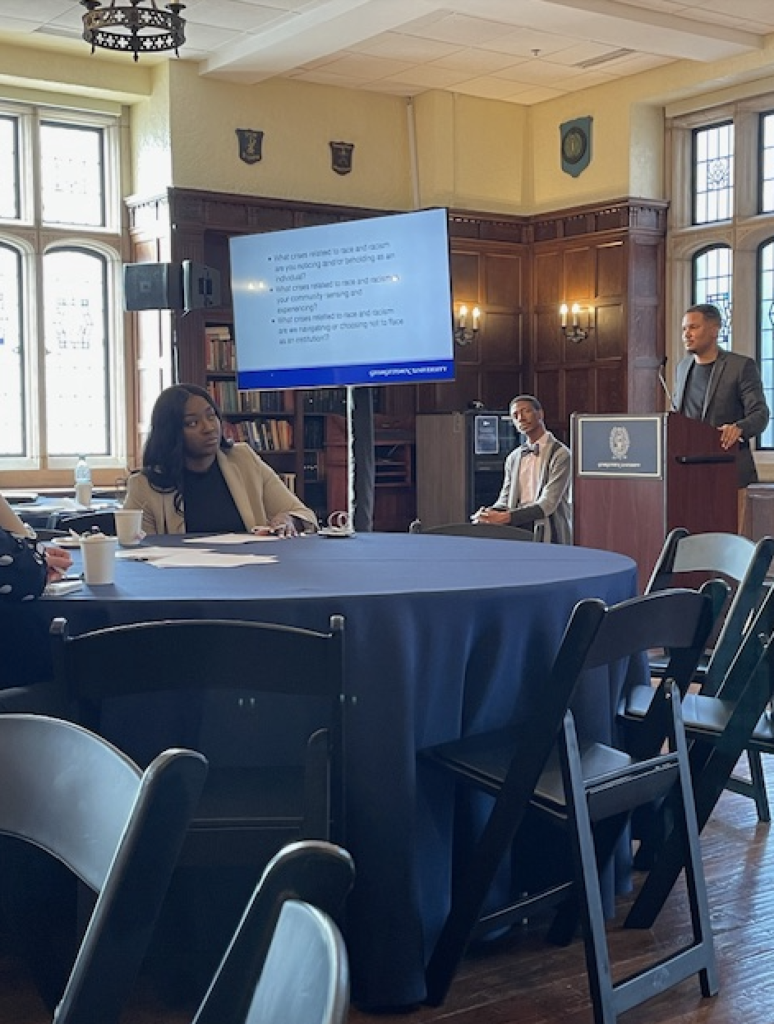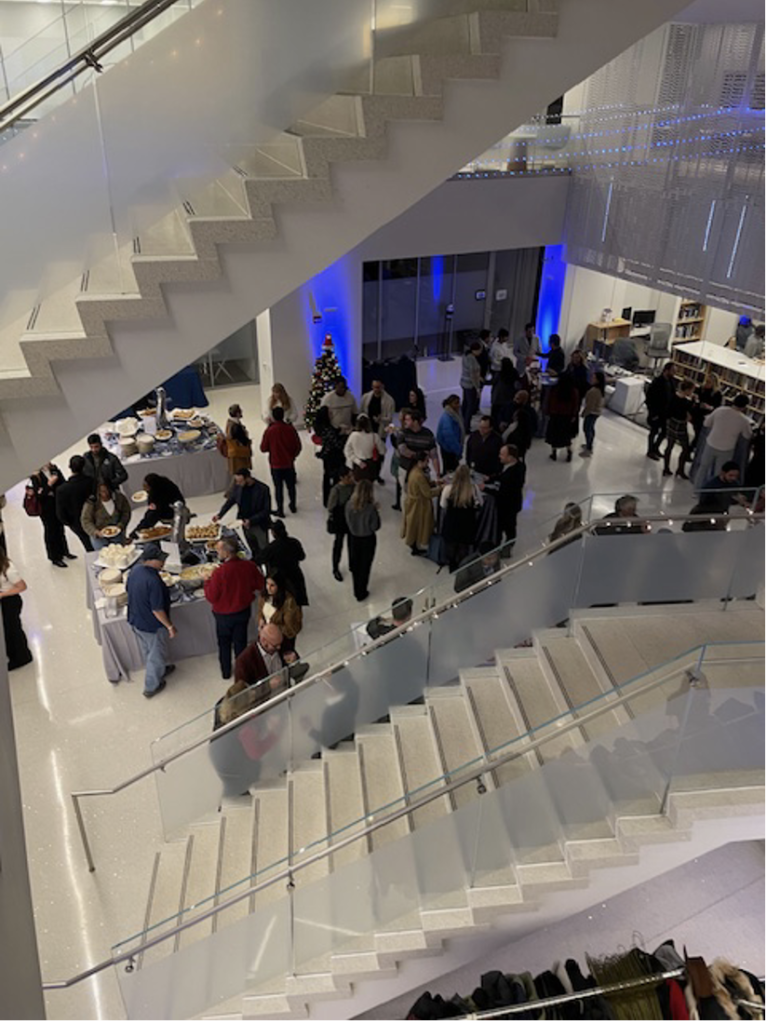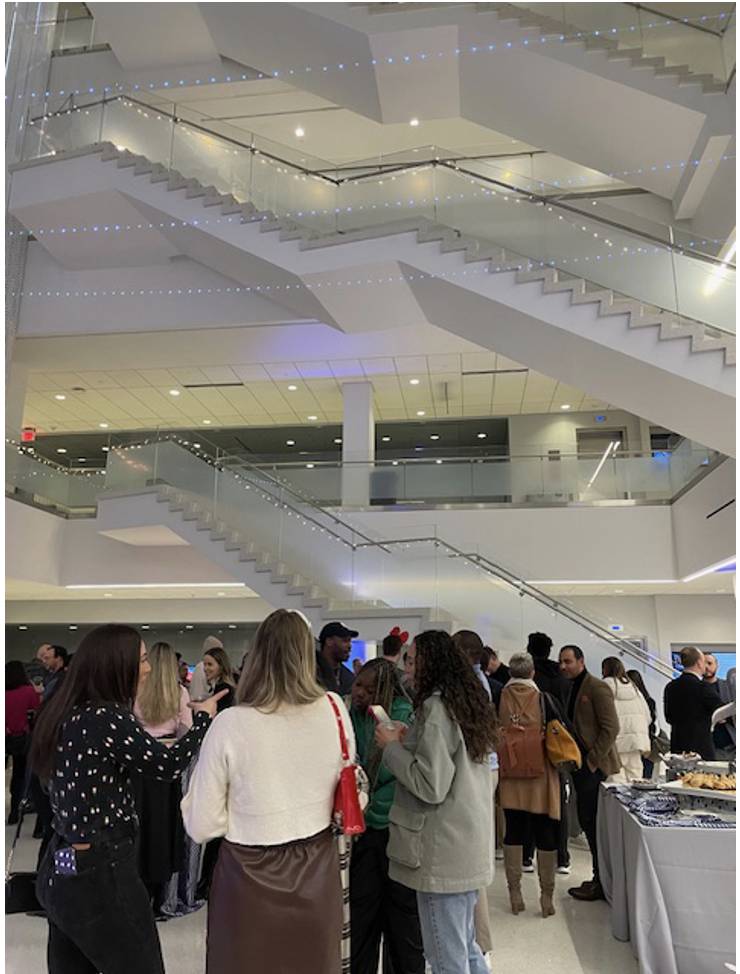The French Jesuit and social theorist Michel de Certeau was particularly interested in reclaiming the poetics of urban life by embracing the everyday practices of the city that help shape a community of people in a physical place. His concern was that top-down planning efforts and the highly abstract architectural forms of the city would work against the textures of spontaneous human interactions that make up the organic city. In his essay “Walking in the City,” Certeau encourages the everyday practices of urban life like walking: “The ordinary practitioners of the city live ‘down below,’ below the thresholds at which visibility begins. They walk – an elementary form of this experience of the city; they are walkers, Wandersmanner, whose bodies follow the thicks and thins of an urban ‘text’ they write without being able to read it. These practitioners make use of spaces that cannot be seen.”
This somewhat mystical and very poetic understanding of the city and its practices can inspire our own encounter with the city. As an urban planner, I highly value the way that I can get to know places and people in the city by walking the city and making time and space for unplanned interactions and observations. Too often, our lives are driven by the demands of rushing to our next meeting. But it is necessary, once in a while, to simply relish in the humanity that makes up an urban community. It is with this theoretical understanding in mind that I encourage everyone at SCS to ride the bus!
Georgetown’s growing physical presence in Washington, D.C., principally at the developing Capitol Campus, is connected via a set of highly dependable Georgetown University Transportation Shuttle (GUTS) bus routes. These routes were already critically important to helping members of the University community access campus locations efficiently and safely. And now that the Capitol Campus is becoming more and more of a reality, the GUTS network of routes will become even more important. Georgetown recently announced a special dedicated Capitol Campus Loop, which connects rides with local neighborhoods and major points of interest, including Union Station and Trader Joe’s.
This expanding University-wide network of access and connection to the various geographic homes of Georgetown in the city is about more than transportation logistics. As a regular GUTS commuter during my time at SCS, I can share that this experience of riding the bus over the years has led to actual sustained friendships and new insights about the city and the University. Every time I ride the GUTS bus between the Hilltop Campus and the SCS Campus, I learn something new about either the city or the University. In my rides across town, I’ve learned about centers and offices at Georgetown I’m not aware of where bus riders are commuting to. I’ve also observed the physical and human city during these voyages, enjoying the beautiful vistas and views of the skyline and the Potomac River but also growing in greater awareness of the reality of urban challenges, like the current crisis of homelessness and a considerable population of unhoused people present along these routes. Each trip is a new learning experience, and I look forward to what I might encounter and experience such that it might inform my own actions in the city.
In his landmark environmental sustainability teaching encyclical, Laudato Si, Pope Francis describes the “ecology of daily life,” which very much resonates with Certeau’s understanding of the everyday practices of the city. Pope Francis describes the need for quality public transportation that makes integration easier between the different parts of the city. Riding the bus is an environmentally sustainable practice that reduces car trips and even contributes to greater kinship and solidarity among people. Having ridden the buses of Buenos Aires as an archbishop, Pope Francis knows from direct experience that encountering humanity in rich ways is possible on the bus.
I hope that members of the SCS community will consider riding the GUTS network during their time at the University. This is more than a transport system as I believe it is a vital way to grow deeper connections between the various places and people of our campus communities.



